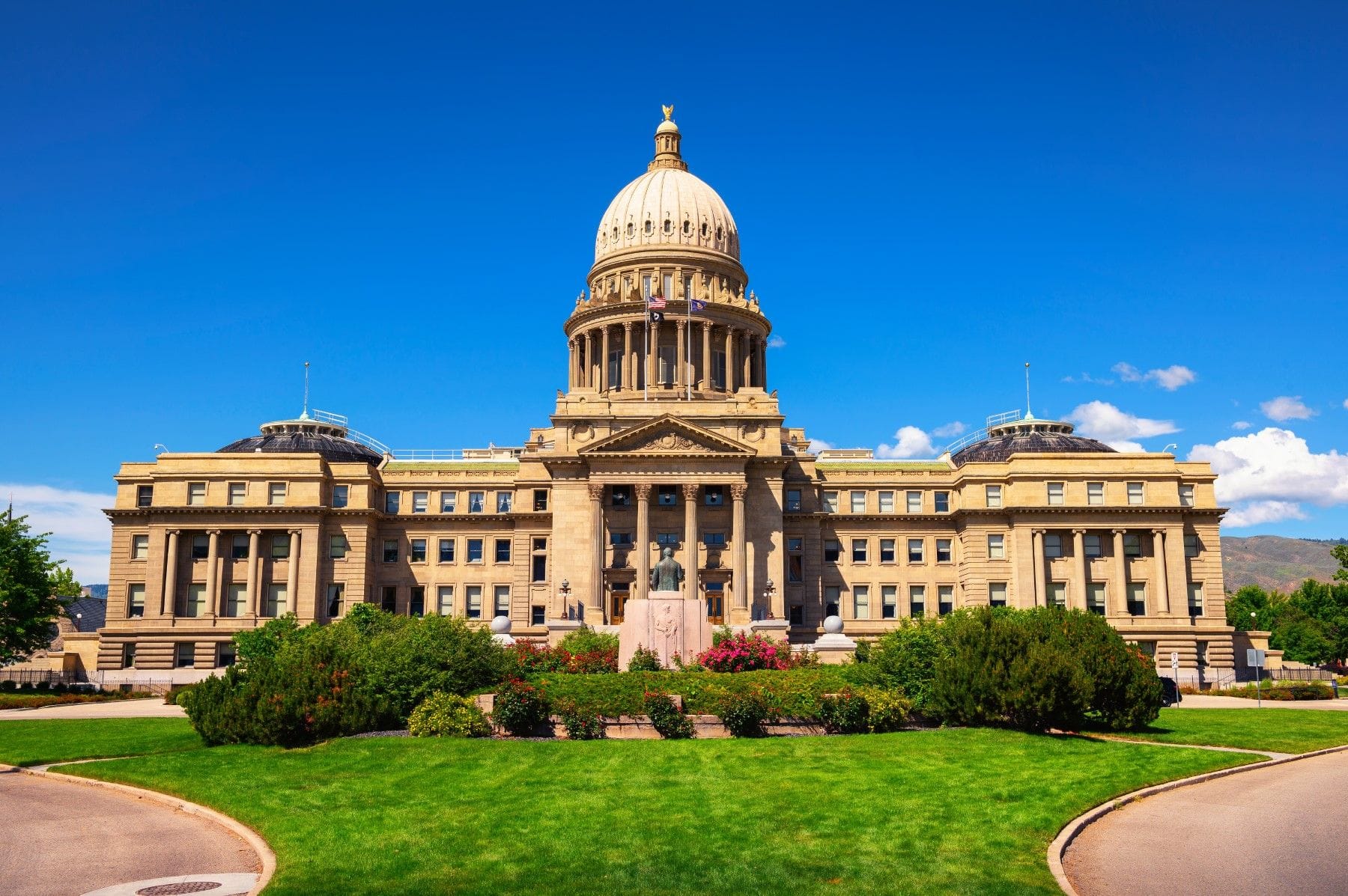Idaho Expert Witness Disclosure Requirements
Idaho requires timely expert witness disclosures for fair trials, detailing qualifications and opinions, with strict rules on amendments and penalties for non-compliance.
Updated on
In this article
When Are Expert Witness Disclosures Required in Idaho?
In Idaho, the disclosure of expert witnesses is governed by the Idaho Rules of Civil Procedure (IRCP). Under these rules, the timing for expert witness disclosures is crucial to ensure fair trial preparation. According to IRCP Rule 26(b)(4), parties are required to disclose the identity of any expert witness they intend to use at trial. This disclosure must occur at least 90 days before the trial date, unless the court orders otherwise.
Additionally, if the expert is intended solely to rebuttal evidence presented by another party, the disclosure may occur within 30 days after the other party's disclosure. These timelines allow for adequate preparation and examination of expert testimony, facilitating a fair and efficient trial process. Supplemental disclosures, as mandated by IRCP Rule 26(e), must be made in a timely manner if the party learns that a prior disclosure is incomplete or incorrect.
Information That Must Be Included in the Disclosure
The content of expert witness disclosures in Idaho must be comprehensive to comply with procedural rules. Under IRCP Rule 26(b)(4), the disclosure must include:
- Expert Qualifications: A detailed summary of the expert's qualifications, including education, training, and experience, must be provided.
- Opinions and Bases: A complete statement of all opinions the expert will express, along with the basis and reasons for each opinion.
- Data Considered: All data or information the expert considered in forming their opinions.
- Compensation: The compensation arrangement for the expert's study and testimony.
- Prior Testimony: A list of all cases in which the expert has testified as an expert at trial or by deposition in the preceding four years.
These requirements ensure that both parties have a clear understanding of the expert's role and the substance of their testimony, allowing for effective cross-examination and rebuttal.
Supplementing and Amending Expert Disclosures
The duty to supplement or amend expert disclosures in Idaho is a critical aspect of the discovery process. Under IRCP Rule 26(e), parties are required to supplement their disclosures in a timely manner if they learn that the information previously provided is incomplete or incorrect, and if the additional or corrective information has not otherwise been made known to the other parties during the discovery process or in writing.
Failure to supplement or amend disclosures can have significant consequences, including the exclusion of expert testimony. Timely supplementation ensures that all parties have access to the most current information, reducing the likelihood of surprise at trial and promoting judicial efficiency.
Consequences of Failing to Properly Disclose an Expert
Non-compliance with expert witness disclosure rules in Idaho can lead to severe penalties. Under IRCP Rule 37(c)(1), a party that fails to provide information or identify a witness as required by Rule 26(a) or (e) may be prohibited from using that information or witness to supply evidence at a trial, unless the failure was substantially justified or is harmless.
Additional consequences for improper disclosure may include:
- Exclusion of Testimony: The court may exclude the expert's testimony if the disclosure requirements are not met.
- Motions to Strike Experts: Opposing parties may file motion to exclude the expert from testifying.
- Sanctions: The court may impose sanctions, which could include monetary penalties or adverse inference instructions to the jury.
These measures underscore the importance of adhering to disclosure requirements to preserve the integrity of the judicial process and ensure fairness.
State-Specific Rules and Key Considerations
Idaho's rules governing expert witness disclosures align closely with the Federal Rules of Civil Procedure (FRCP), but there are state-specific nuances that practitioners must consider. For instance, while the FRCP allows for more flexibility in some areas, Idaho's rules are more prescriptive regarding timelines and content requirements.
Key considerations in Idaho include:
- Local Court Rules: Some Idaho districts may have additional local rules governing expert disclosures, necessitating careful review by practitioners.
- Statutory References: Familiarity with IRCP Rule 26 and Rule 37 is essential for understanding and complying with Idaho's disclosure requirements.
- Case Law: Idaho case law further interprets these rules, providing precedents on how courts have handled disclosure disputes.
Understanding these state-specific nuances and adhering to the detailed requirements of the Idaho Rules of Civil Procedure ensures that legal professionals effectively navigate the complexities of expert witness disclosures, thereby safeguarding their clients' interests.


